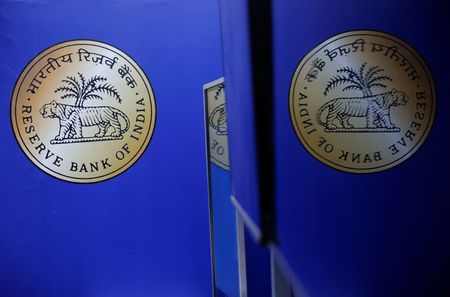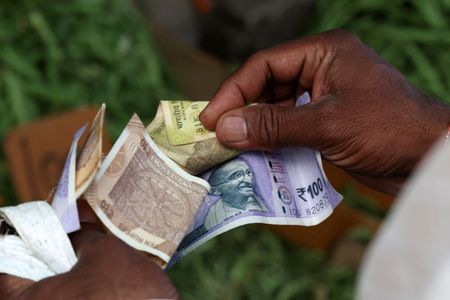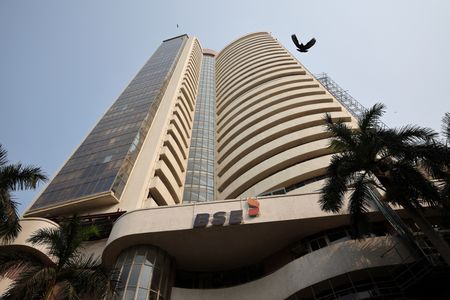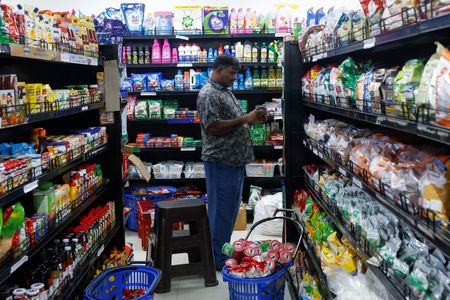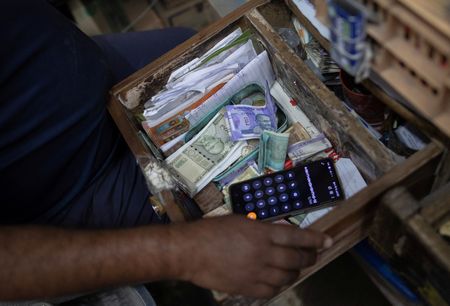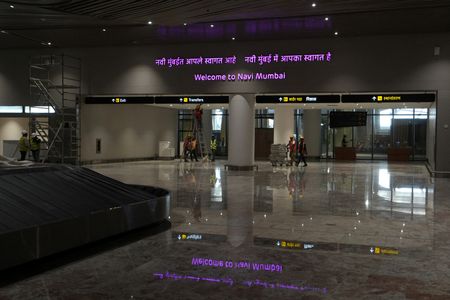BENGALURU (Reuters) -Shares of ICICI Bank, India’s second-largest private-sector lender, rose as much as 1.5% on Monday in a weak broader market, as analysts cheered the company’s better-than-expected earnings on strong loan growth and lower bad loan provisions.
ICICI Bank’s results showed sustained growth in lending to retail customers and small and medium enterprises, as economic activity picked up after pandemic restrictions eased towards the end of 2021.
Analysts hailed the results after larger rival HDFC Bank’s earnings were hamstrung by lower fee income and unimproved margins.
“ICICI Bank is in a sweet spot having emerged from the pandemic relatively unscathed, led by its superior underwriting prior to the crisis when it took fewer risks in the retail and SME (small and medium enterprise) segments,” Kotak Institutional Equities Research said in a note.
Net profit jumped 25.4% to 61.94 billion rupees ($832.72 million) in the third quarter ended Dec.
31, ICICI Bank said https://www.bseindia.com/xml-data/corpfiling/AttachLive/e9524ede-d16d-4b97-9678-fa88a8378a26.pdf on Saturday, beating analysts’ expectations for 60.52 billion rupees, according to Refinitiv data.
Provisions slid 27%, net interest income grew 23% and net interest margin ticked up to 3.96% from 3.67% a year ago.
Retail loans grew 19% and comprised 61.3% of the total loan portfolio.
Macquarie raised its target price on ICICI Bank’s stock by 20% to 1,000 rupees, while Morgan Stanley hiked its target price to 1,125 rupees from 1,025 rupees.
ICICI Bank shares climbed 1.5% to 816.7 rupees on Monday, before paring the gains to trade 0.29% higher by 0550 GMT in a broader market that was down 1.35% in broad-based selling.
[.BO]
Up to last close, ICICI Bank shares had climbed 8.7% this year, after a more than 38% jump in 2021. By contrast, HDFC Bank shares are up 2.9% in 2022 after a 3% rise last year.
Smaller rival Axis Bank is set to report its results later on Monday.
($1 = 74.3827 Indian rupees)
(Reporting by Chris Thomas in Bengaluru; Editing by Sherry Jacob-Phillips and Subhranshu Sahu)


